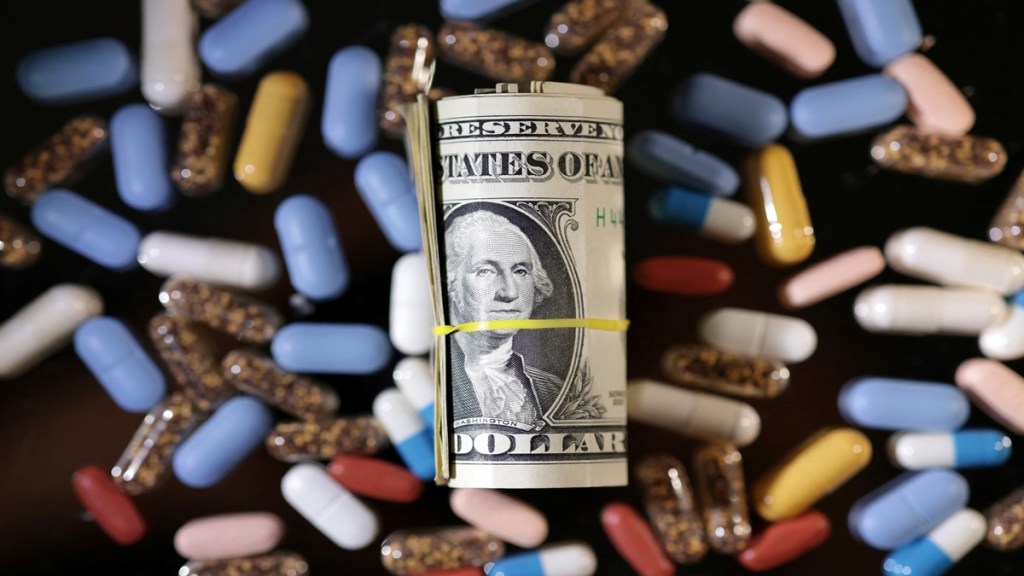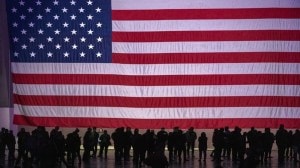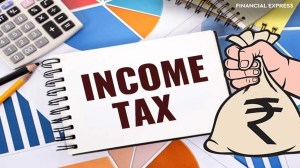Shares of India’s leading drug makers took a hit on Monday, as pharma stocks declined across Europe and Asia, after US president Donald Trump announced 30–80% cut in the prices of both proprietary and generic prescription drugs.
The Nifty Pharma index ended the day marginally higher (0.15%), but significantly underperformed the benchmark Nifty, which surged 3.82%. The sub index was the weakest performer among all sector indices.
Trump’s move could dent the profitability of Indian exporters of branded generics to the US, and in many cases, make shipments unviable, industry sources said, stating that generic medicine prices in the US are already depressed.
Of India’s pharma exports of over $30 billion annually, more than a third go to the US. While medicines manufactured in India account for just 11% of the staggering US pharma market of $96 trillion, in volume terms, India share is roughly 40%. This shows Indian drugs are among the cheapest sold in the US, even as they are of quality compliant with the US FDA standards.
The Trump order, which he justified citing “exorbitant”rates charged by pharma companies from the US consumers, could result in exits of Indian companies from specific product categories. “The prices of generics are already depressed. If their prices further go down by up to 80%, no company would be able to supply to the US at that price,” said Shashank Krishnakumar, senior research analyst at Emkay Global Financial Services.
“A price cut of prescription drugs by 50% or more would hurt the U.S. formulations market, more on the branded size due to immediate potential impact, while over the medium term it will also impact generics as it reduces the potential market size of new drugs,” Reuters reported Shrikant Akolkar, an analyst at Nuvama Institutional Equities, as saying. “Indian branded players like Sun Pharma, Biocon and Zydus Life may see an impact upon strict implementation,” Akolkar said.
Of the 20 constituents of the Nifty Pharma index, 13 advanced—gaining up to 4.79%—while seven declined, falling as much as 3.15%. The top losers included Sun Pharma (down 3.15%), Ajanta Pharma (down 2.28%), and Glenmark Pharma (down 1.44%). On a year-to-date basis (2025), the pharma sector has continued to underperform. The Nifty Pharma index has declined 9.86%, while the Nifty has gained 5.41% during the same period.
In a social media post, US president said that “prescription drugs and pharmaceuticals in the US were so much higher than they were in any other nation, sometimes being 5-10 times more expensive than the same drug, manufactured in the exact same laboratory or plant, by the same company.
Trump also said that he will be instituting a “most-favoured nation policy” whereby the US will pay the same price as the nation that pays the lowest price anywhere in the world.”
In volume terms, the US pharma market is 90% branded generics and 10% innovative/patented products. “Generic drugs companies operate on a wafer-thin margin of 5-10%. Further reduction of prices would make the US market unviable for a large number of such Indian players,” said a pharma analyst.
A pharma industry association head told FE on condition of anonymity that the impact of the executive order on the domestic drugmakers is likely to be limited because of the low share of generics segment (in value terms) in the overall pie. “Even though, we are catering to almost 40% of the US generics demand, our share is just about 13% in value terms. Our products in US are typically priced higher – about 2-3 times – than in India due to steep distribution, legal, and inspection-related costs,” he said.
Meanwhile, some analysts are expecting that the executive order will target the top 40-50 drugs in value terms. “These would be drugs which are covered under the government-funded Medicare programme. They are likely to target products with a valuation of over $1 billion each,” said Krishnakumar.
In his first term, Trump proposed to bring foreign reference pricing programme which tied the drugs prices in the US to the rates in other countries. Though the programme was blocked by a US court.
The latest price control move by Trump follows another threat by him to impose higher tariffs on drug imports. Last week, he said sector-specific additional tariffs on pharmaceuticals could be announced “in the next two weeks.”







